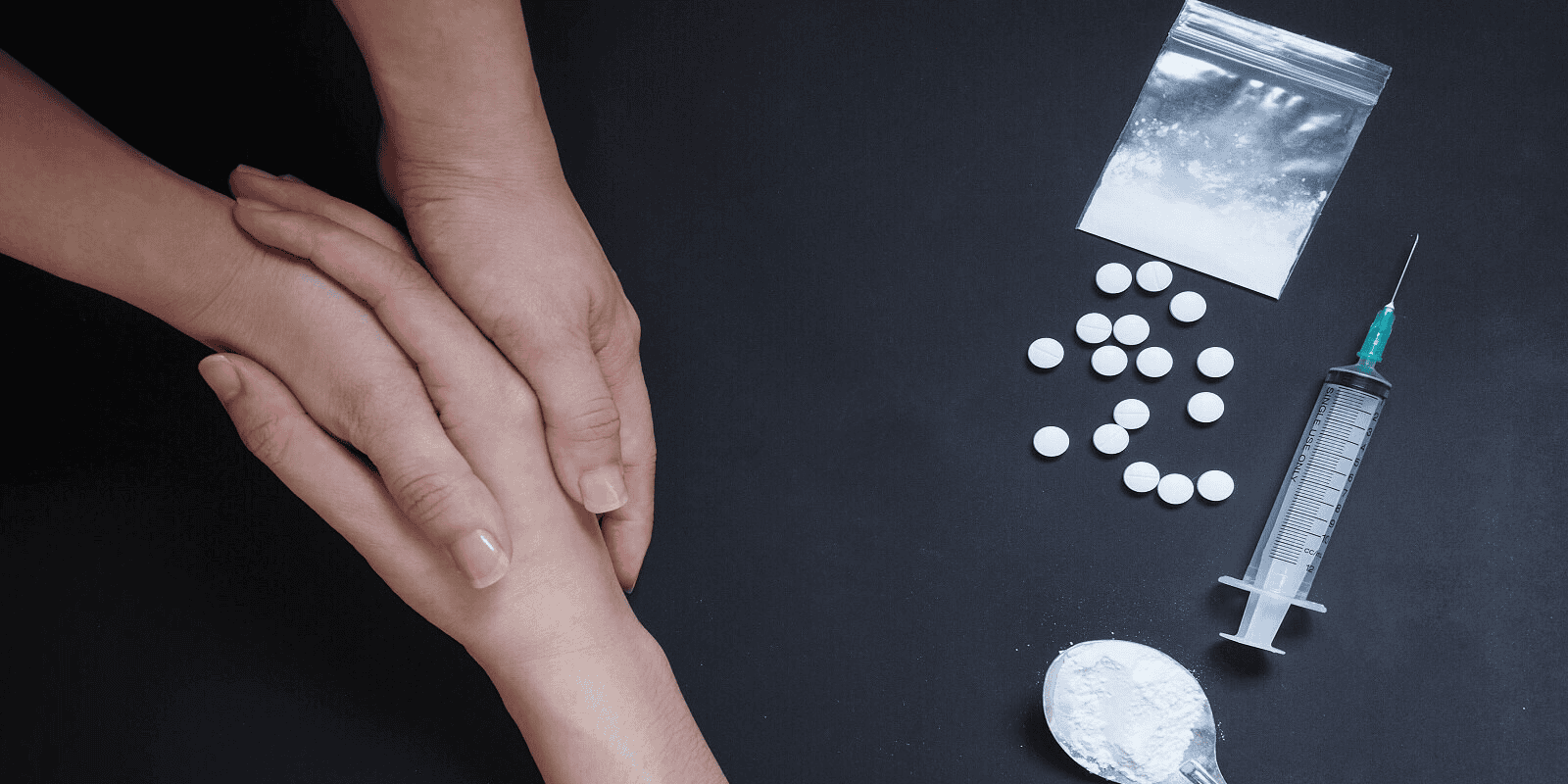Drug-free Life Fundamentals Explained
Drug-free Life for Dummies
Table of Contents9 Easy Facts About Drug-free Life ExplainedThe smart Trick of Drug-free Life That Nobody is DiscussingAn Unbiased View of Drug-free LifeWhat Does Drug-free Life Do?Little Known Questions About Drug-free Life.What Does Drug-free Life Do?
This article will certainly discover numerous kinds of rehabilitation, levels of addiction therapy, what to anticipate from therapy, and exactly how to find the right dependency therapy program. There are various levels of addiction therapy. When required to manage withdrawal from substances such as opioids, alcohol, and sedating medicines such as benzodiazepines, therapy begins with medical detoxing.Upon conclusion of treatment, an aftercare plan will certainly be created that includes relapse avoidance tools and other methods of post-treatment support. Identifying the right therapy plan is an essential part of recouping from addiction. 1 One variable thought about in addiction therapy is the degree of care an individual may call for or profit the most from.
Some Known Questions About Drug-free Life.
Risky use the compound. Medicinal phenomenon pertaining to the substance (i.e., compound tolerance; compound withdrawal). As shown by the several possible levels of care described by the ASAM, dependency therapy is deemed a complicated procedure that involves lots of approaches of treatment and treatment. 8 Detoxing is usually one of the very first healing interventions utilized in the recuperation procedure.
3 Three crucial components of many professional detox programs include:3 Initial evaluation. Fostering patient readiness for the following actions in dependency therapy.
8 Fostering patient preparedness requires helping the patient prepare for follow-up therapy to attend to substance usage. 3 Principles of best therapy practices advise that detoxification facility team proactively link clients to ongoing treatment to advertise sustained abstinence.
A Biased View of Drug-free Life
1 Locals might reside in an inpatient setup for the length assigned to them according to their therapy strategy. 1 Once a patient and support personnel agree that sufficient therapy development is being made, individuals may often fall to a fairly much less intensive level of treatment like outpatient treatment to continue their healing.
Patients can live in your home or in various other non-clinical settings outside of therapy hours, which might contain several sessions a week and after that reduce frequency as progression is made. 1 There are several kinds of outpatient programs, with differing degree of intensity of services and time commitment. Typical outpatient services may include conference with a specific therapist, getting medicine monitoring, or getting involved in group therapy.
The Definitive Guide for Drug-free Life
These homes are made to support a sober way of life by giving a safe, stable atmosphere with absolutely no resistance for substance use. 13 A home of this kind is usually considered a transitional living atmosphere as it connects the void in between intensive treatment and the isolation that can happen when official services are no much longer needed.
14 Transitional homes might suggest having a roommate or housemates who also want to enhance their soberness with the liability the home society gives. Having the links of others in the very same neighborhood is an efficient and commonly necessary component of long-lasting healing. Homeowners find more info of sober living homes might remain to join therapy, groups, and medication monitoring as well as attend 12-Step conferences and various other assistances in their neighborhood.
Assistance teams can offer connections to community-based sources and supply a system of peer assistance at little to no expense. 16 Some support groups are women- this link or men-only or have a spiritual and spiritual emphasis.
Not known Facts About Drug-free Life

When admitted into the appropriate treatment program, there are a few points to expect. Upon admission, an individual may first take part in a preliminary evaluation and consumption before (or congruent with) starting the clinical cleansing procedure. During the consumption phase, a personalized therapy strategy may be developed to tailor to the person's certain needs and notify the direction of therapy.
To maintain the strides made during therapy, a duration of rehab may be complied with by an aftercare program that prepares the patient for sustaining lasting recovery. Talking with an admissions navigator at American Dependency Centers (AAC) can be handy, giving step-by-step support while looking for treatment, from verifying insurance policy protection to arranging travel.
Drug-free Life Fundamentals Explained
